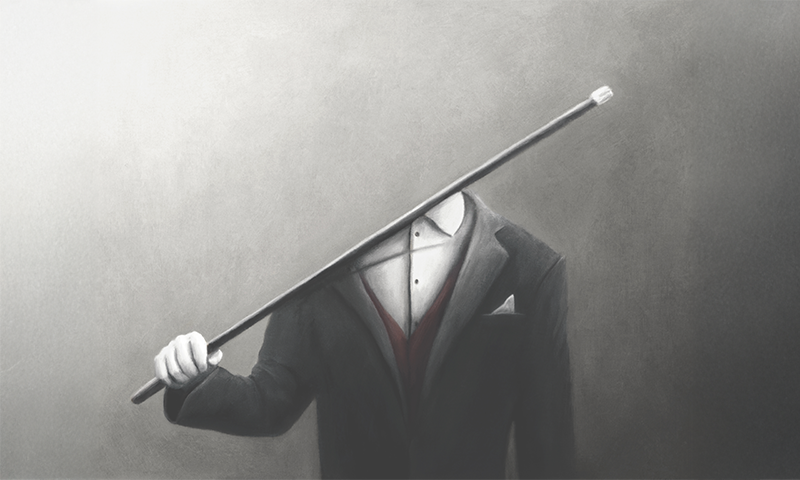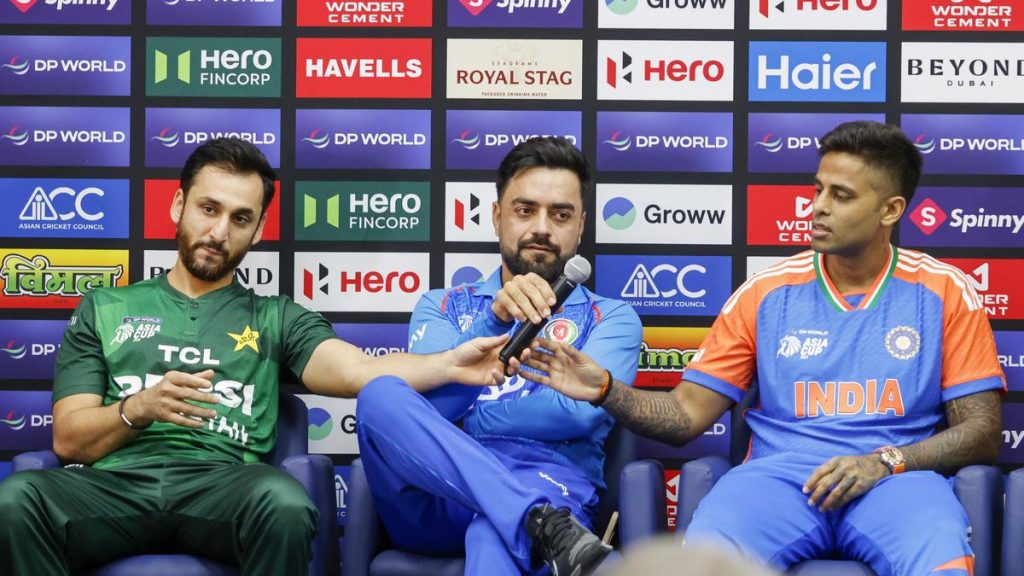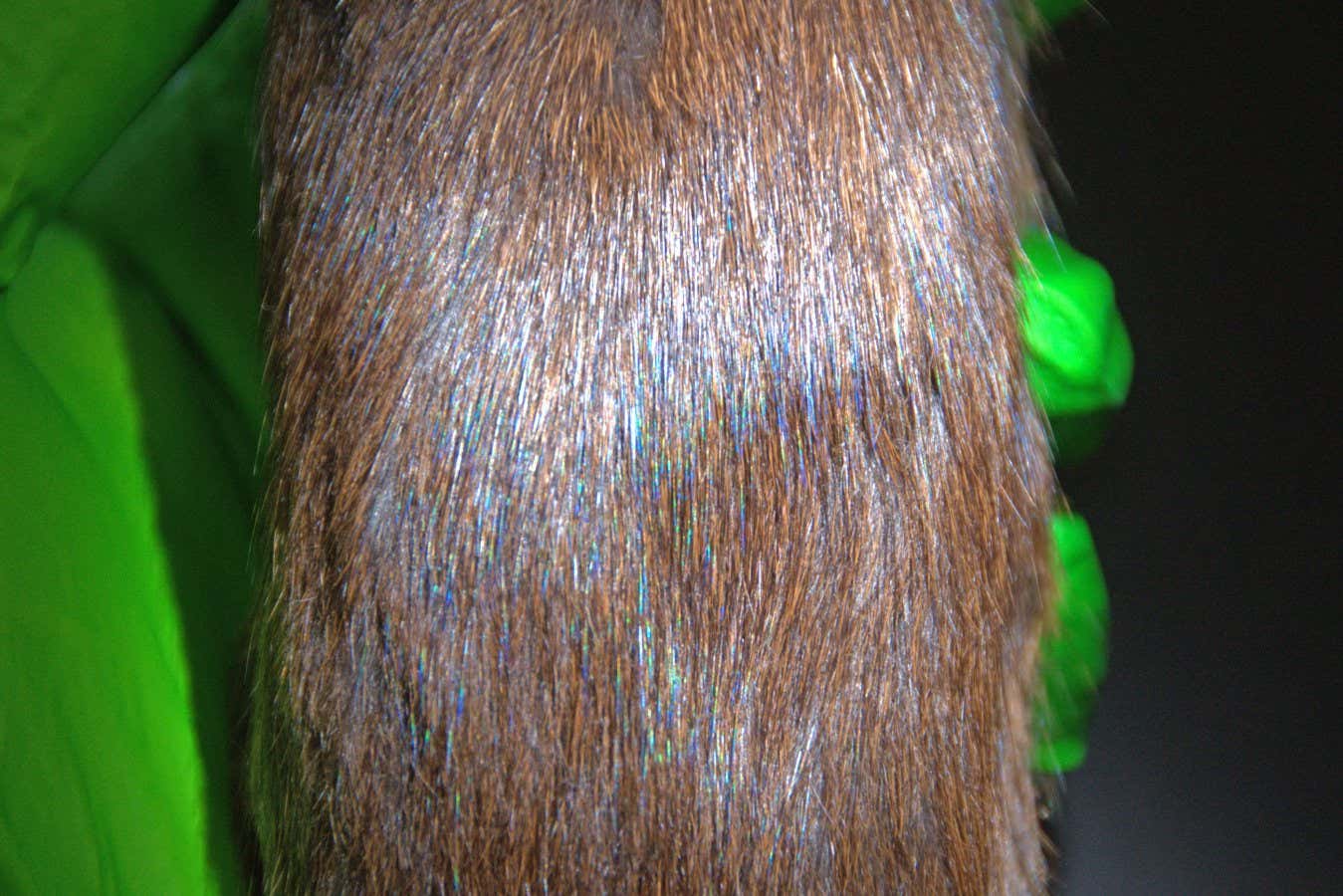Now Reading: Growing Up with a Magician Father: Shaping Belief and Wonder
-
01
Growing Up with a Magician Father: Shaping Belief and Wonder
Growing Up with a Magician Father: Shaping Belief and Wonder

Quick Summary
- Richard E. Cytowic, a neurologist and professor at George Washington University, reflects on his childhood experiences with his father, “Big Ed,” who was both a physician and an illusionist.
- Cytowic’s upbringing combined the contrasting worlds of magic and science, teaching him curiosity, skepticism, and the importance of evidence-based inquiry.
- Through assisting his father in magic performances as a child, he developed critical observational skills that shaped his career as a scientist.
- He considers how illusions-both on stage and within the mind-reveal parallels between perception and reality, emphasizing the brain’s ability to construct meaning from fragments.
- These formative experiences influenced Cytowic’s later work in studying synesthesia-a rare phenomenon where senses overlap-and using evidence-driven methods to understand hidden aspects of perception.
- His memoir The Magician’s Accomplice: My father and I in the Age of Anxiety captures these themes against the backdrop of societal performance culture during Cold War America.
indian Opinion Analysis
Richard E.Cytowic’s reflections offer insightful lessons applicable beyond personal narratives into broader areas like education or scientific innovation in India. His emphasis on observation-driven learning highlights how cultivating curiosity during childhood can lay foundations for critical thinking-a quality essential for advancing india’s ambitions in STEM fields or fostering scientific temper across society.
Moreover, parallels between illusion manipulation by magicians and perceptual processes seen through neuroscience could inspire Indian researchers tackling “brain sciences,” artificial intelligence-based cognition studies, or human-computer interaction challenges where understanding perception holds significant value.
This narrative also underscores interdisciplinary thinking-an approach increasingly relevant for Indian academics striving to integrate conventional thought systems (e.g., Ayurveda) with contemporary evidence-backed methodologies to address modern complexities effectively while preserving heritage-based integrity.
























